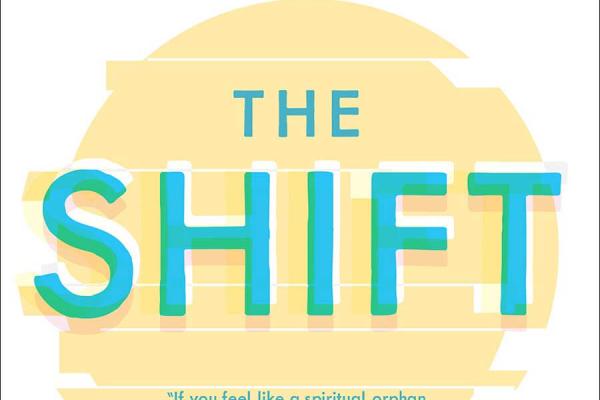Jun 4, 2020
The Shift is Colby Martin's attempt to provide a survival guide for those who’ve left (or been kicked out of) their conservative Christian communities and are now moving toward a more open and expansive faith.
Read the Full Article

Already a subscriber? Login
